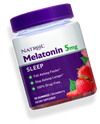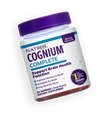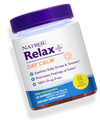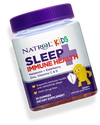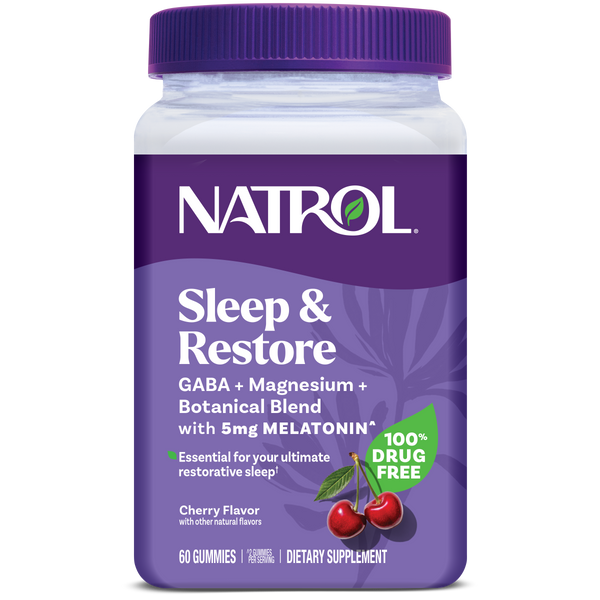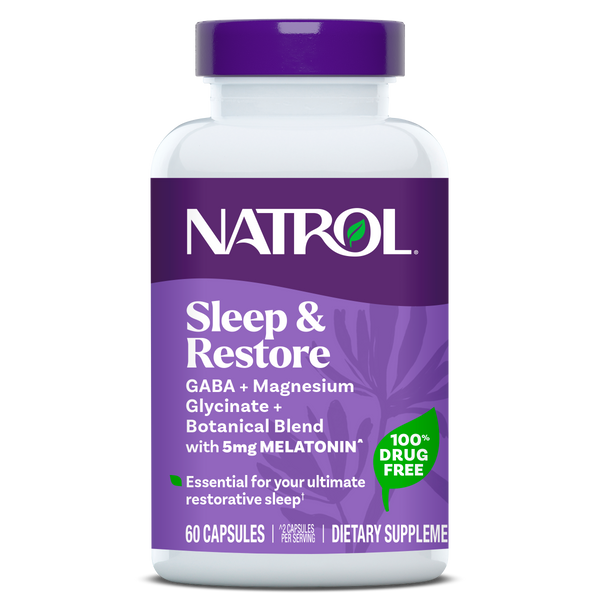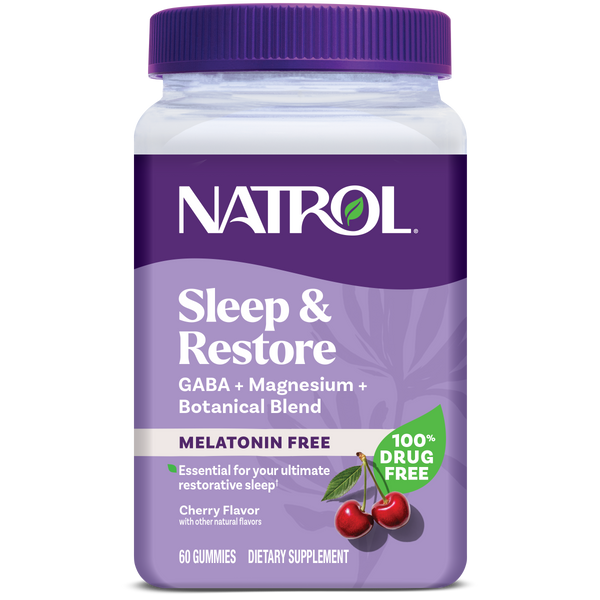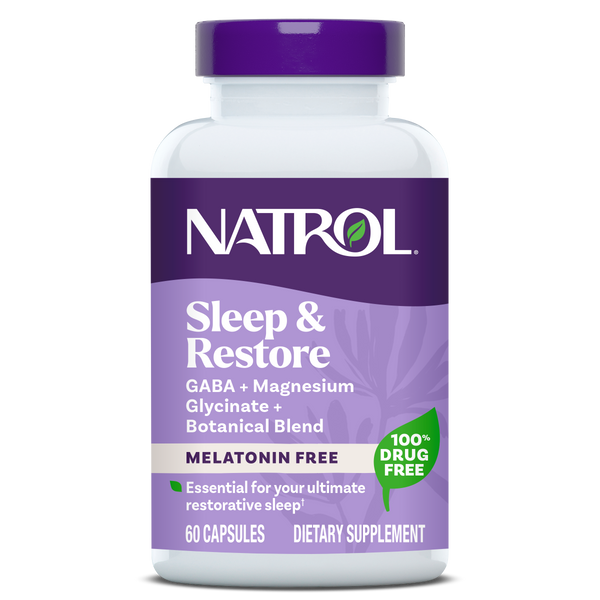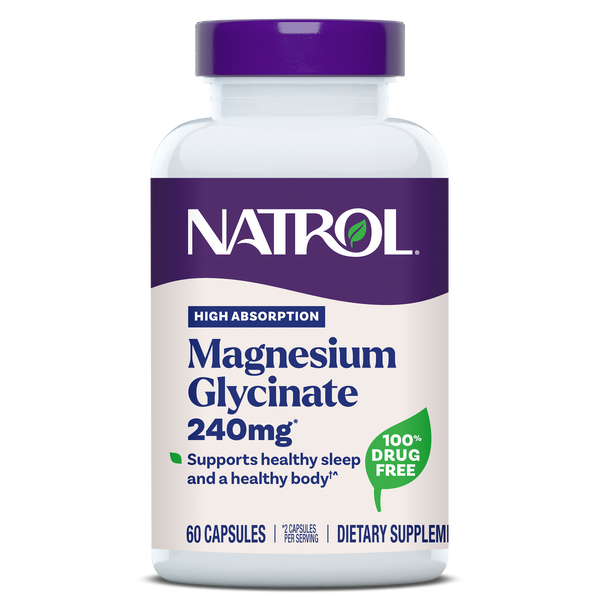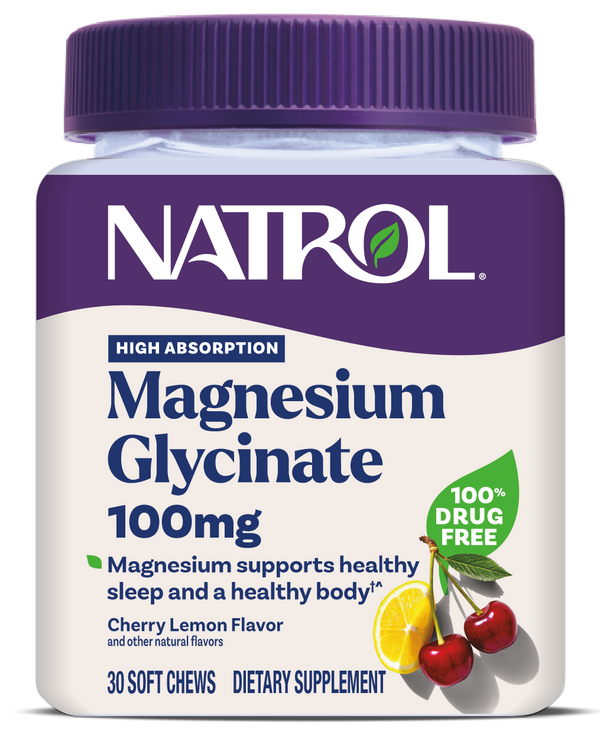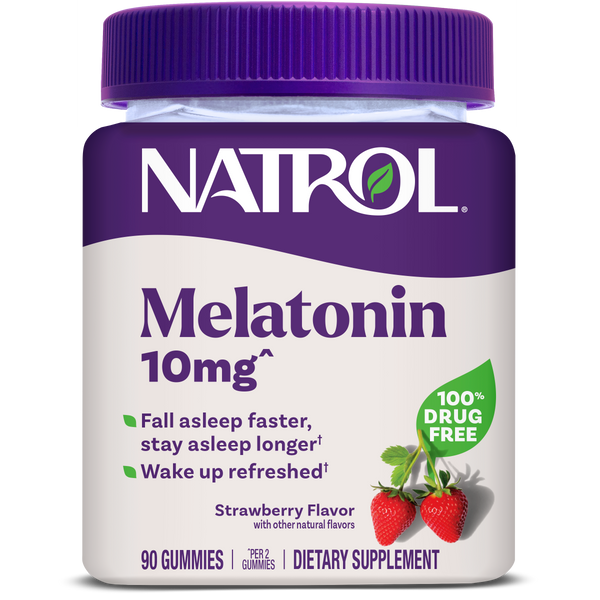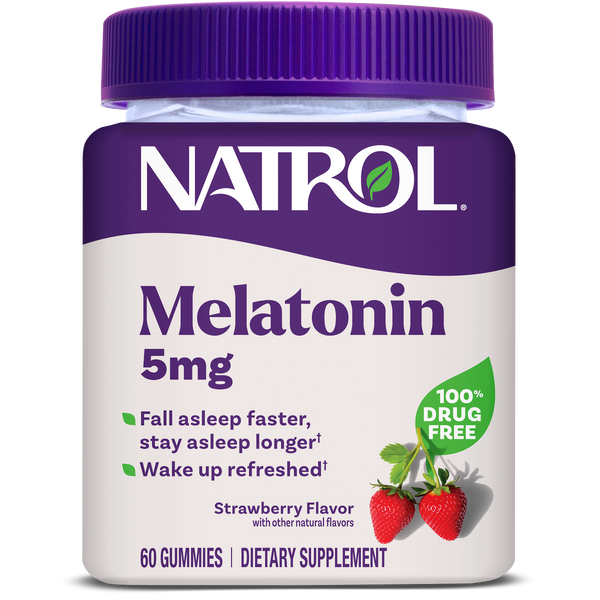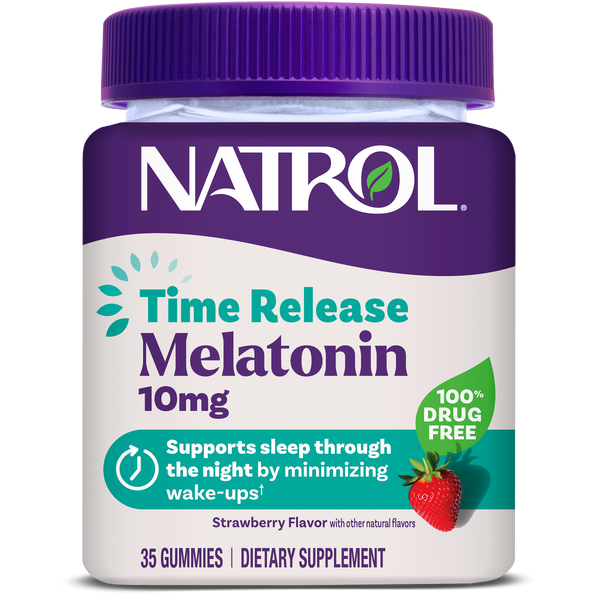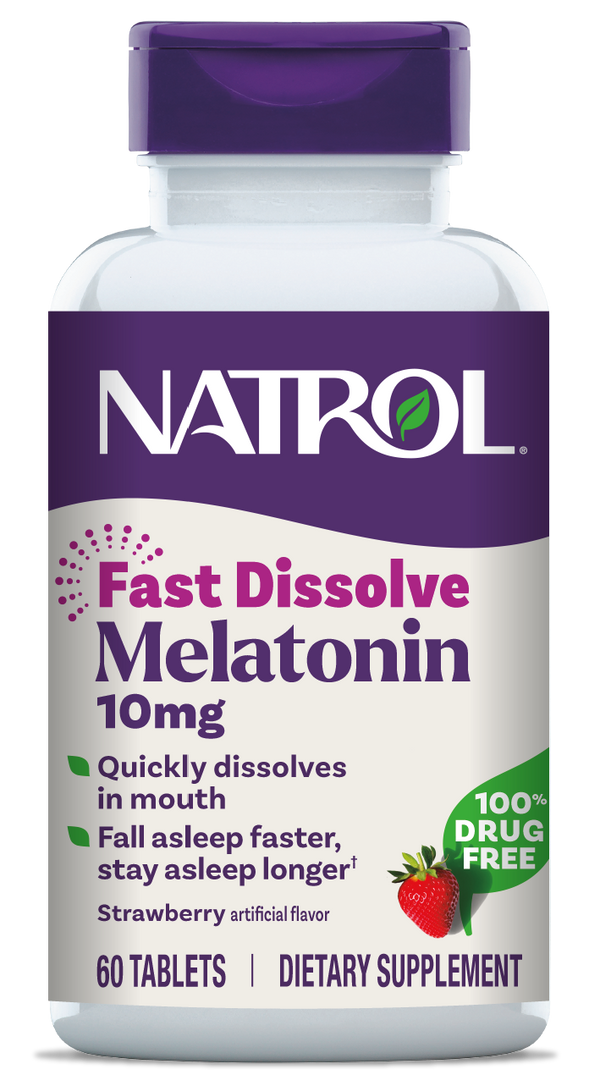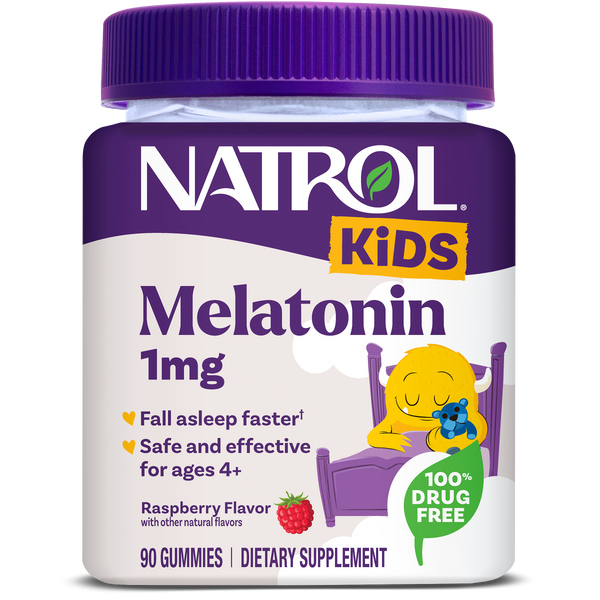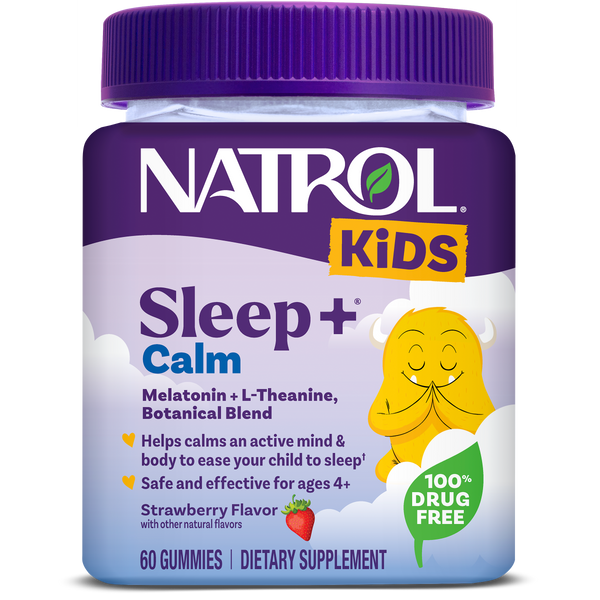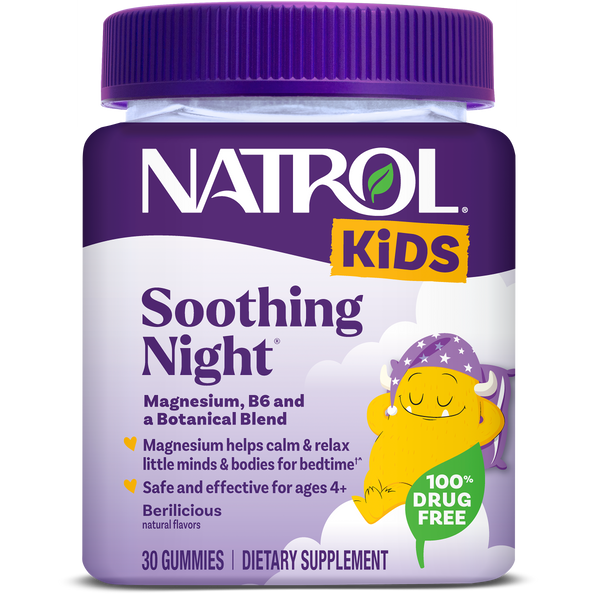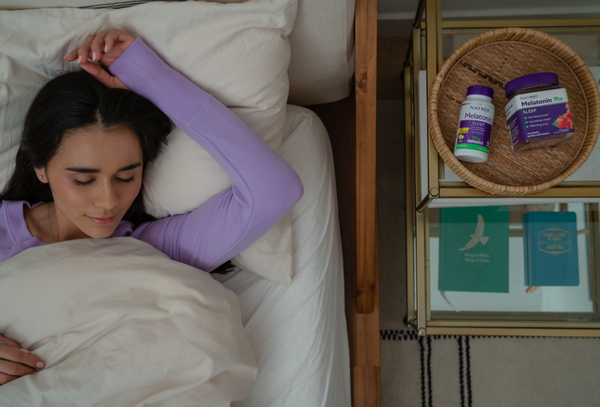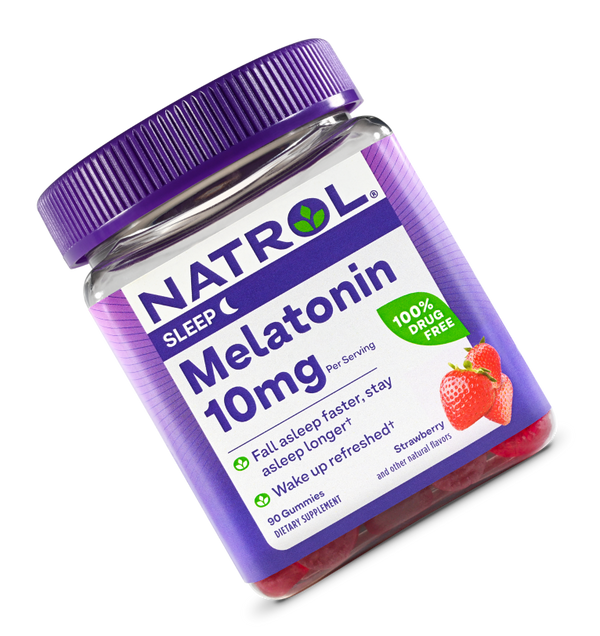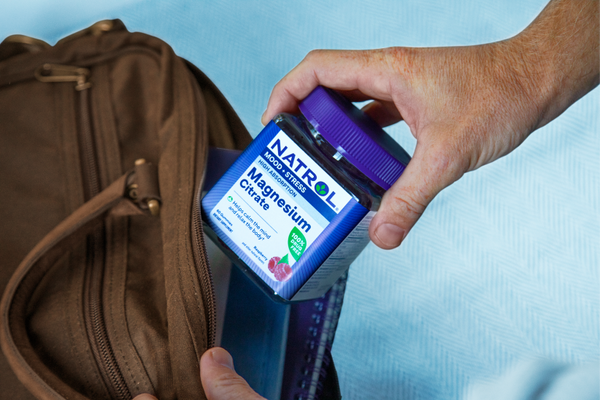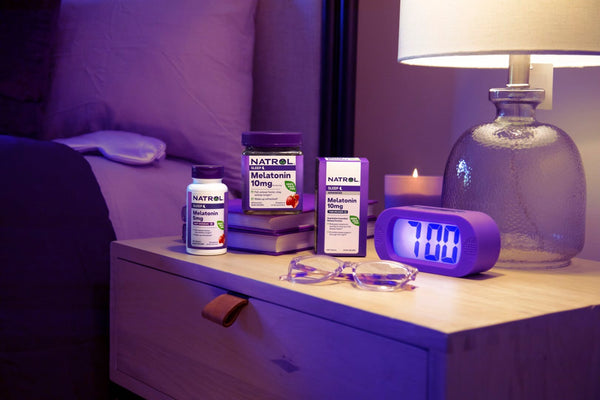What Are The Benefits of Good Sleep?
Are you getting enough good quality sleep every night? If not, you're not alone. According to the CDC, one in three American adults are sleeping less than seven hours per night. Research shows that seven or more hours of sleep per night equates to better health and performance, and plays a key role in the ability to learn, solve problems and maintain a healthy mental outlook.
Dr. Mike Dow, Psy.D., Ph.D. and New York Times bestselling author of "Heal Your Drained Brain" has five reasons for prioritizing sleep-along with simple tips for getting better sleep each night.
How does lack of sleep affect your immune system?
If you think six hours of sleep is sufficient, think again. Research has linked sleeping less than seven hours with increased risk of health issues. In fact, a good night's sleep has many benefits, and a hormone known as melatonin has an important role to play.
Most people think of melatonin as your natural sleep hormone, and it is, but it's also an antioxidant-which is another health benefit of getting adequate sleep. Your brain's pineal gland produces and secretes melatonin in response to light signaled by the sun rise and sunset. However, in the modern world, the predominantly blue light of your phone, TVs and tablets suppress melatonin production, affecting your sleep.
Recommendation
To fight back against the melatonin deficit that makes it hard to fall asleep, turn off electronics and the TV one hour before bedtime. Write down or calendar any events you have so that these thoughts don't pop into your head just as you're about to fall asleep. 20-30 minutes before bedtime, add Natrol Melatonin gummies or fast-dissolve tablets to your nightly routine.
How Does Sleep Affect Performance?
Your brain and sleep cycle have an interdependent relationship and depend on each other in order to function. Your daytime productivity is just as important as your relaxing bedtime routine. This is because sleep is nature's response to help us recover from a long day. Even dreams are a way for the brain to make sense of the day's events. The more you challenge your brain during the day, the easier your brain naturally drifts into sweet slumber at night.
What's more, a study found that poor sleep could actually shrink your hippocampus, the part of the brain central to learning and memory. During the study, adults had their brains scanned at the outset, followed by a second scan three and a half years later. The results showed that there was a rapid decline in volume in poor sleepers' hippocampal volume. Unlike other parts of the brain, the hippocampus is particularly sensitive to environmental factors. Lack of sleep or chronic stress can shrink this part of the brain. The good news: it's also the primary site of neurogenesis-the birth of new brain cells. Thus, you can also have the ability to grow this part of the brain-simply by using it.
Recommendation
Unlike drinking too much coffee or taking a stimulant-laden supplement to up your productivity game, try Natrol Cognium Focus, a stimulant-free brain health supplement that enhances mental agility and reaction times by improving cognitive function.† It's powered by silk protein hydrolysate, which is found in the threads of silkworm cocoons. Pairing Natrol Cognium with daytime activities that challenge your brain can help you get better sleep at night.†
When You Don't Sleep Enough, You Think You're Fine... Even When You're Anything But.
A study from an Ivy League university found that people who slept about six hours a night for multiple nights in a row had the same performance deficits as people who had been totally deprived of sleep for two nights. Even more alarming: when subjects were asked to report their subjective experience of sleepiness throughout the study, they were largely unaware of their deficits.
Recommendation
If you have trouble falling asleep, consider trying Natrol Melatonin Fast Dissolve or Gummies. And if you're the type who wakes up too early, try Natrol extended-release melatonin tablets. The slower release of melatonin can help you stay asleep longer so you don't inadvertently wake up too early.†
What Does Anxiety Do To Sleep?
If you're the type of person who is becoming overly anxious because you've now learned just how vital sleep is, look at it through this lens: all this information will motivate you to improve your sleep. Whether it's adding natural melatonin or adjusting your bedtime, you now have the tools to improve your sleep. When your head hits the pillow tonight, just remember that people with sleep problems tend to overestimate the time it takes to fall asleep. It's perfectly normal to take up to 30 minutes to fall asleep.
Recommendation
Turn your alarm clock and phone around or face down so that you can't see them during the night. Looking at the clock when you're sleeping increases sleep anxiety. Also, pad your sleep time with at least 30 minutes to doze off. If your goal is to sleep eight hours, that means you should be in bed with the lights out 8-1/2 hours before your wakeup time. You'll probably find this simple strategy will help you to fall asleep easily.

